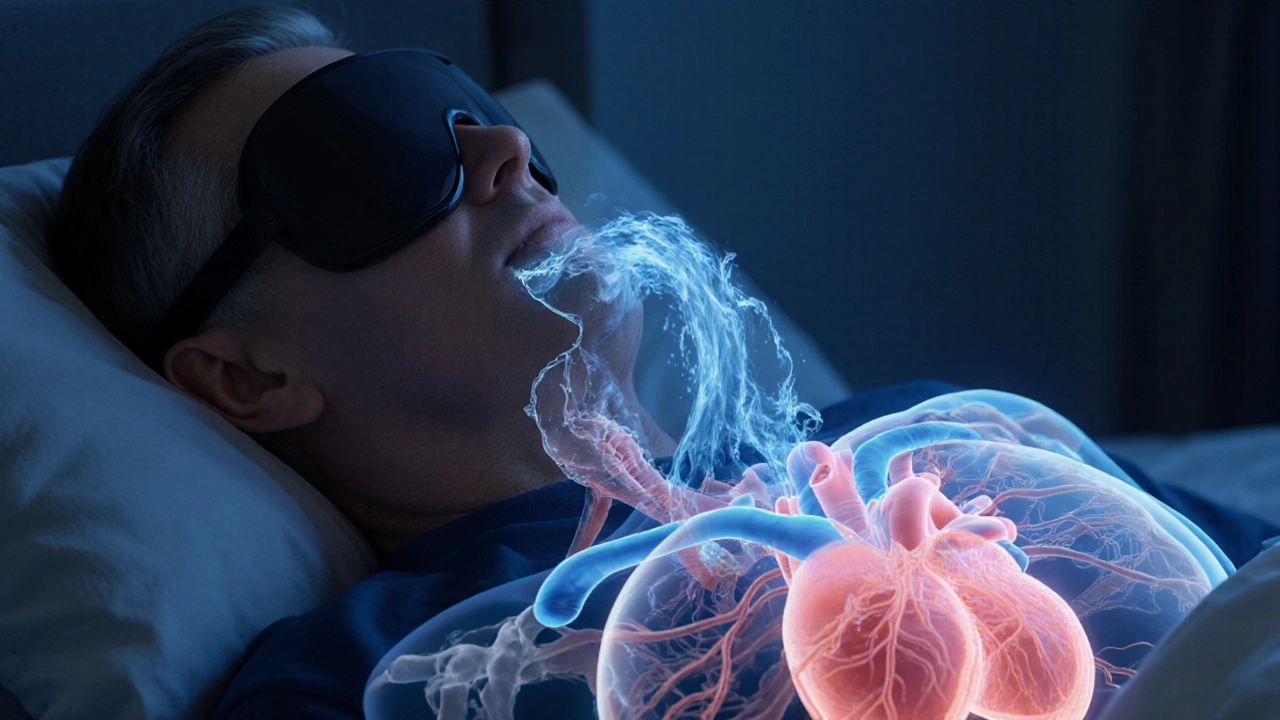Left Ventricular Dysfunction: Causes, Symptoms, and Treatment Options
When your left ventricular dysfunction, a condition where the heart’s main pumping chamber doesn’t contract properly. Also known as systolic heart failure, it means your heart isn’t pushing enough blood out to your body, leading to fatigue, shortness of breath, and swelling. This isn’t just a slow decline—it’s a signal your heart is struggling, and ignoring it can lead to serious complications.
Left ventricular dysfunction often ties into other heart issues like cardiomyopathy, a disease of the heart muscle that weakens its ability to pump, or damage from a past heart attack, when blocked arteries starve part of the heart muscle of oxygen. High blood pressure, long-term alcohol use, and certain medications can also wear down the left ventricle over time. Doctors measure how well it’s working using something called ejection fraction, the percentage of blood pumped out of the left ventricle with each heartbeat. A normal number is 55–70%. Below 40% usually means dysfunction is present.
People with this condition don’t always feel sick at first. But as it gets worse, simple tasks like walking to the mailbox or climbing stairs become exhausting. You might notice fluid building up in your legs, ankles, or belly. Some wake up gasping for air at night. These aren’t normal aging signs—they’re red flags. The good news? Treatment has come a long way. Medications like ACE inhibitors, beta-blockers, and SGLT2 inhibitors don’t just manage symptoms—they’ve been shown in studies to extend life and reduce hospital stays. Lifestyle changes matter too: cutting salt, staying active within limits, and monitoring weight daily can make a real difference.
What you’ll find in the posts below are real comparisons and practical guides on drugs and therapies that help manage this condition. You’ll see how medications like Avandia affect heart function, how drugs for other conditions might worsen or improve cardiac output, and what alternatives exist when standard treatments don’t work. No fluff. Just clear, actionable info from people who’ve been there.
Sleep Apnea and Left Ventricular Dysfunction: What You Need to Know
Explore how obstructive sleep apnea damages the left ventricle, the evidence linking them, diagnostic steps, and effective treatments like CPAP to protect heart health.
READ MORE
